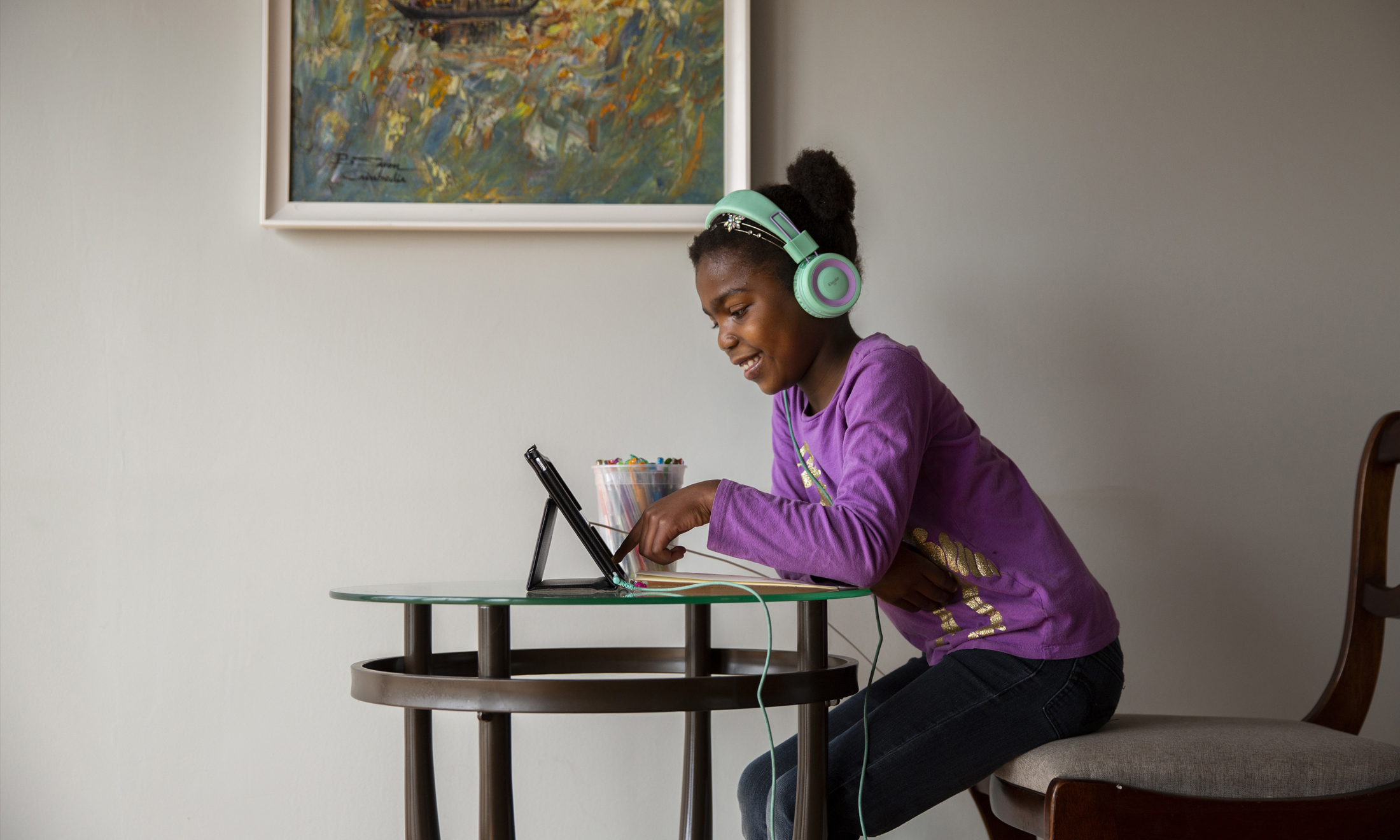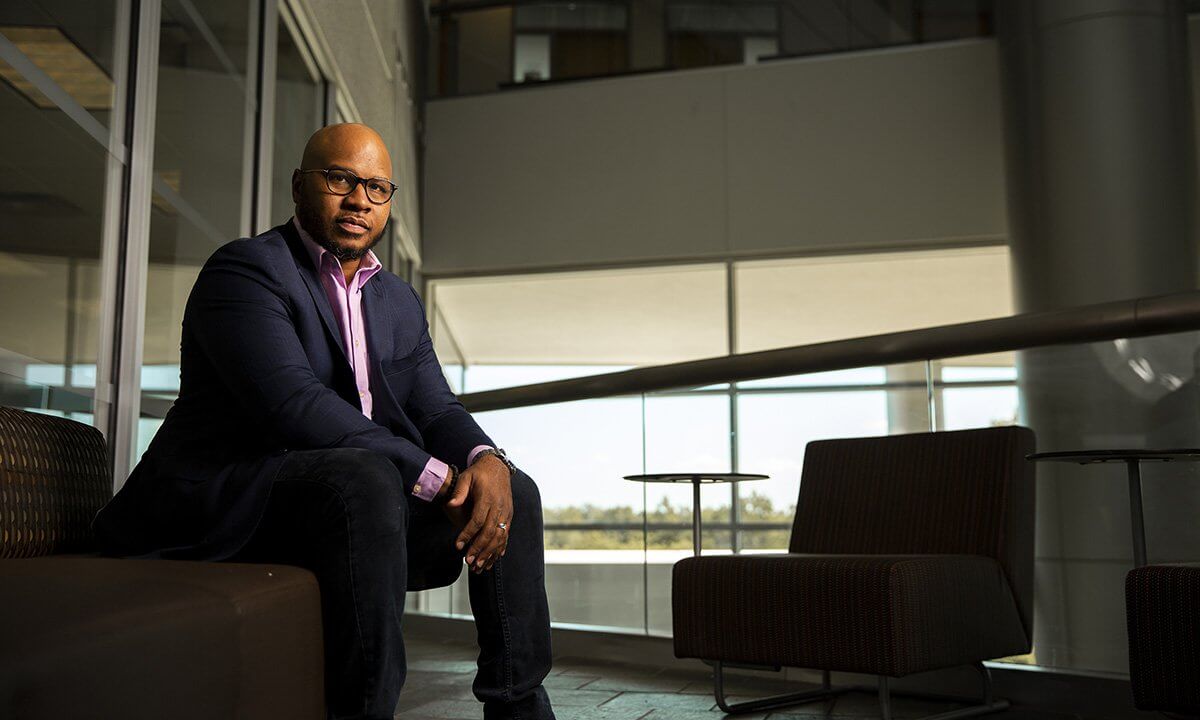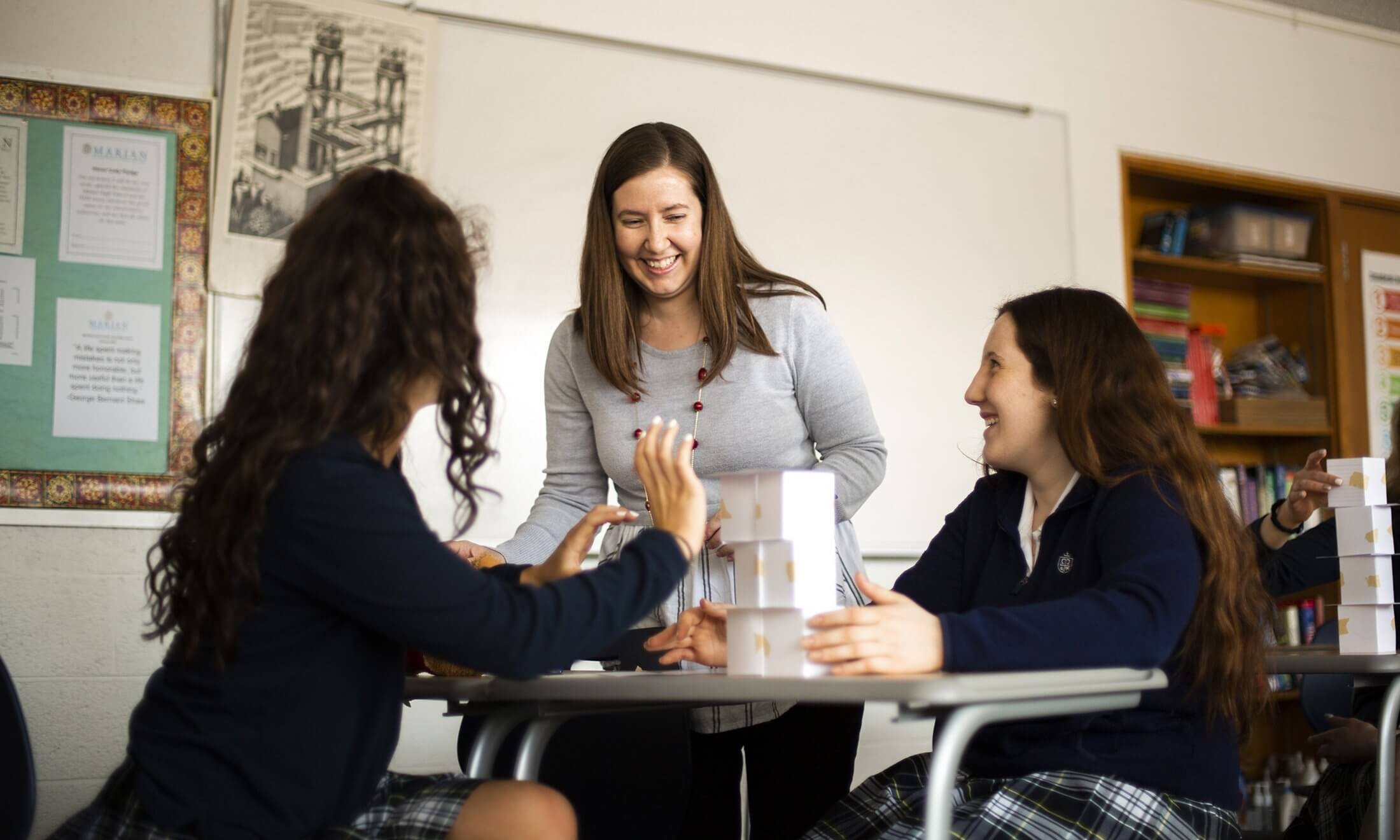RLA Department Develops Literacy Tutoring Program for Pontiac Elementary Students
Oakland University students use video conferencing software to provide literacy instruction to K-5 students
Oakland University’s Department of Reading and Language Arts (RLA) has partnered with a variety of educational organizations in Pontiac to provide elementary students with additional literacy support.
Spearheaded by Dr. Tanya Christ, the program matches undergraduate students in RLA literacy teaching methods courses with K-5 students in Pontiac in need of literacy tutoring. Each undergraduate tutor is responsible for arranging 10 one-hour tutoring sessions across a semester for their student, while sessions are supervised by RLA professors.
The idea for the program was conceived after a recent survey of 432 Pontiac parents conducted by the Pontiac United Education Coalition (PUEC) found that over 36% of families sought additional literacy support for their children.
“As with our face-to-face service learning courses, we aim to have our OU RLA students strengthen their literacy pedagogy, ability to develop collaborative relationships with their students’ families and teachers, integration of technology in literacy instruction in ways that transform their student’s learning, and development of cultural competence and culturally sustaining pedagogical practices,” Christ said.
The RLA department collaborated extensively with PUEC, the Center for Success, the Baldwin Center and OU’s Pontiac School District Partnership schools — Alcott, Herrington and Whitman Elementary — to identify families for the program. Once families are identified, Marcia Hudson, coordinator for the Office of School and Field Services, matches literacy tutors with their students. Since May 2020, the program has served approximately 270 students.
Tutoring sessions are scheduled based on the needs of each family and OU tutor, and administered through YuJa, a video conferencing platform that relies on a combination of internal and external resources to facilitate each lesson. The software was chosen with the help of SEHS Educational Technology Specialist Julie Chapie to fulfill the RLA Department’s need for a digital platform that could be utilized effectively by both OU and Pontiac School District students.
“[YuJa] has some embedded tools that are useful for literacy tutoring, such as screen sharing that allowed tutors to project digital texts for their students to read, or video-recorded read-alouds by famous readers that they could play and discuss with students,” Christ said. “It also has an interactive whiteboard that some tutors use for activities such as word sorts or making words activities, or creating a graphic organizer to guide monitoring comprehension of a text. However, tutors also used a wide variety of external tools both imported into YuJa via screen share … or accessed outside of YuJa via a link, such as Google Draw.”
However, the virtual medium in which the tutoring sessions take place has posed its own challenges. According to Christ, combating the issue of technological inaccessibility faced by many families in the Pontiac area proved to be a major obstacle in developing the program.
“One of the greatest challenges has been families’ access to high-quality internet service and a device,” Christ said. “Sadly, I’ve had parents decline tutoring online due to their Internet connection not being able to maintain a video conference call, which is how tutoring is delivered.”
Christ credits PUEC leader Damany Head with devising creative solutions to ensure families had the resources they needed for online learning, while citing an existing reliance on video and technology use within the RLA curriculum as a major factor in the program’s ultimate success.
“Our Reading and Language Arts Department service-learning courses have used video for self-reflection, collaborative peer video analysis, and video-based competency assignments in which students show clips of video of their instruction that demonstrate that they met the course objectives for the last 5-10 years,” Christ said. “Further, our course objectives include integrating transformative technology use. So, these existing practices in our courses all really helped our transition to guiding and coaching OU literacy students’ tutoring in an online context to ensure that we maintained high-quality learning experience both for our OU tutors and Pontiac children.”
For additional information on the literacy education programs available at OU, visit oakland.edu/rla.

 June 16, 2021
June 16, 2021
 By Trevor Tyle
By Trevor Tyle



